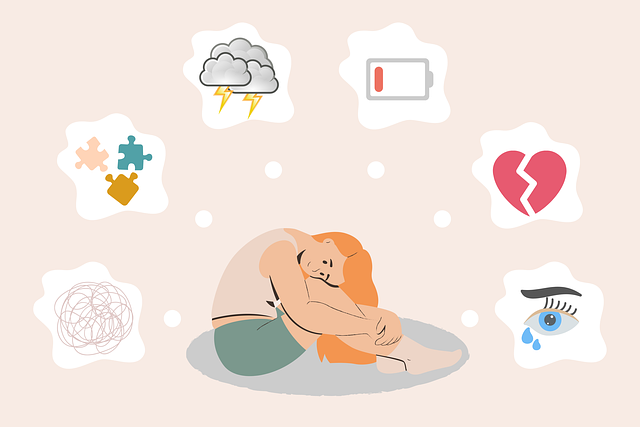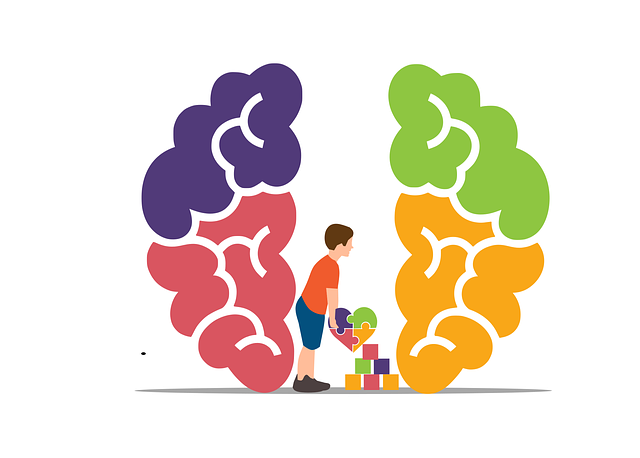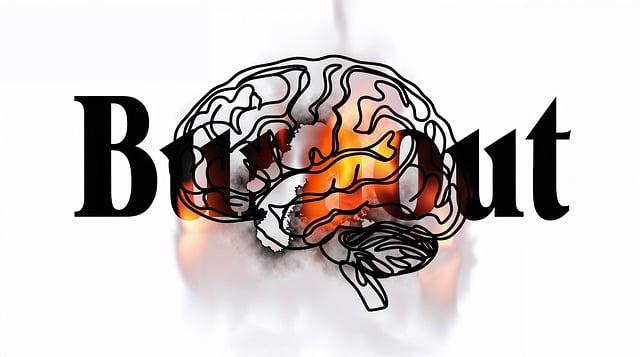TL;DR:
Young adults with cancer face unique mental health challenges, including anxiety, depression, and burnout. Therapy for Young Adults Cancer Issues focuses on stress management through risk planning, coping mechanisms, and resilience-building techniques. Evidence-based therapeutic approaches empower individuals to navigate treatment, combat stigma, and improve well-being. Post-diagnosis, practical stress tools like mindfulness and self-care, coupled with healthcare provider guidance, are vital for survivors' overall health. Integrated into mental wellness podcasts, these strategies offer accessible hope and flexibility, enhancing quality of life and psychological strength for cancer care challenges.
Stress management techniques are crucial for young adults facing cancer issues, aiming to enhance their quality of life. This article explores the profound impact of stress on this vulnerable demographic and highlights the transformative power of therapy in managing it effectively. We delve into practical tools empowering survivors, emphasizing resilience-building through education. By integrating evidence-based strategies, young adults with cancer can navigate their journey with greater ease, fostering a sense of control and overall well-being. Specifically, we focus on tailored therapy for young adult cancer issues.
- Understanding Stress and Its Impact on Young Adults with Cancer Issues
- The Role of Therapy in Effective Stress Management for This Demographic
- Practical Techniques to Empower Young Adult Cancer Survivors
- Building Resilience and Enhancing Quality of Life Through Stress Management Education
Understanding Stress and Its Impact on Young Adults with Cancer Issues

Stress is a significant challenge faced by young adults diagnosed with cancer issues, often impacting their overall well-being and treatment outcomes. Understanding this complex emotion is crucial for developing effective therapy for young adults with cancer. This demographic faces unique stressors related to their diagnosis, treatment regimens, and the potential for long-term side effects. The pressure of managing a life-threatening illness at a young age can lead to heightened anxiety, depression, and even burnout, which may hinder their ability to adhere to treatment plans.
Mental health professionals play a vital role in supporting these individuals through risk management planning, focusing on stress mitigation strategies. Mental health awareness initiatives should prioritize teaching young adults with cancer issues effective coping mechanisms and stress-reduction techniques. By incorporating these practices into their daily routines, patients can better navigate the challenges of their condition, improving both their mental resilience and overall quality of life. Burnout prevention is also key, ensuring that healthcare providers are equipped to support the unique needs of this population.
The Role of Therapy in Effective Stress Management for This Demographic

For young adults navigating cancer issues, therapy plays a pivotal role in their stress management journey. Beyond providing a safe space to express emotions, therapy offers specialized techniques tailored to address the unique challenges they face. These sessions can help them develop coping strategies, enhance resilience, and cultivate inner strength, all of which are crucial for managing the physical and emotional toll of cancer treatment. By engaging in psychotherapy, young adults can learn to reframe their perspectives, reduce the mental illness stigma they may encounter, and boost their confidence as they confront and overcome their health struggles.
Therapy provides a valuable platform for these individuals to explore and process complex feelings, fears, and anxieties related to their cancer diagnosis. Through evidence-based approaches, therapists guide them in fostering healthy coping mechanisms, improving communication skills, and building supportive networks—essential aspects of stress management that contribute to overall well-being. This support is instrumental in helping young adults regain a sense of control and balance in their lives, which can significantly enhance their ability to endure the demanding phases of cancer treatment and its aftermath.
Practical Techniques to Empower Young Adult Cancer Survivors

Cancer survival rates among young adults have improved significantly over the years, thanks to advancements in treatment and increased awareness. However, navigating post-cancer life can be challenging, as survivors often face physical and emotional side effects that impact their daily functioning. Implementing practical stress management techniques is a powerful tool for empowering these individuals to thrive.
One effective strategy involves incorporating self-care practices into daily routines. This could include regular exercise tailored to their abilities, mindfulness meditation, or engaging in creative outlets like art therapy. Additionally, supporting young adult cancer survivors with burnout prevention strategies is essential. Healthcare providers can play a crucial role by encouraging open communication, offering trauma support services, and fostering a sense of community, all of which contribute to their overall well-being and resilience.
Building Resilience and Enhancing Quality of Life Through Stress Management Education

Learning effective stress management techniques can profoundly impact young adults facing cancer issues, serving as a powerful tool to build resilience and enhance their quality of life. By teaching them strategies like mindfulness, relaxation exercises, and cognitive reframing, they gain valuable skills to navigate the challenges ahead. This education empowers individuals to take control of their mental wellness, fostering a sense of autonomy and confidence boosting abilities crucial for coping with the physical and emotional demands of cancer treatment.
Stress management becomes a cornerstone for holistic care when integrated into support systems like mental wellness podcast series production. These platforms offer accessible resources, sharing actionable tips and personal stories that inspire hope and resilience. Through such educational initiatives, young adults can develop effective coping mechanisms, leading to improved psychological flexibility and overall well-being, even in the face of significant health issues.
Stress management techniques are empowering tools that can significantly enhance the quality of life for young adults facing cancer issues. By understanding the impact of stress and leveraging evidence-based practices, such as therapy tailored to their demographic, survivors can build resilience and navigate their journey with greater ease. Practical techniques taught through education programs empower individuals to take control, fostering a sense of empowerment and well-being. Effective stress management is not just a treatment modality; it’s a path to improved mental health and a vibrant future.












